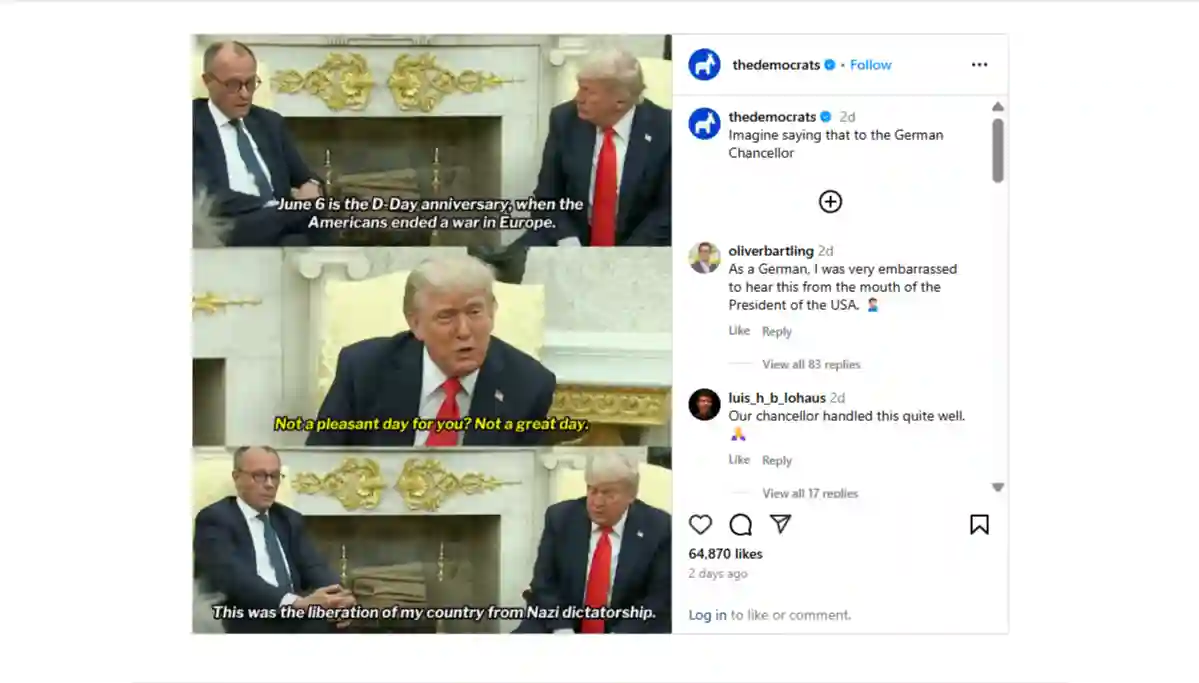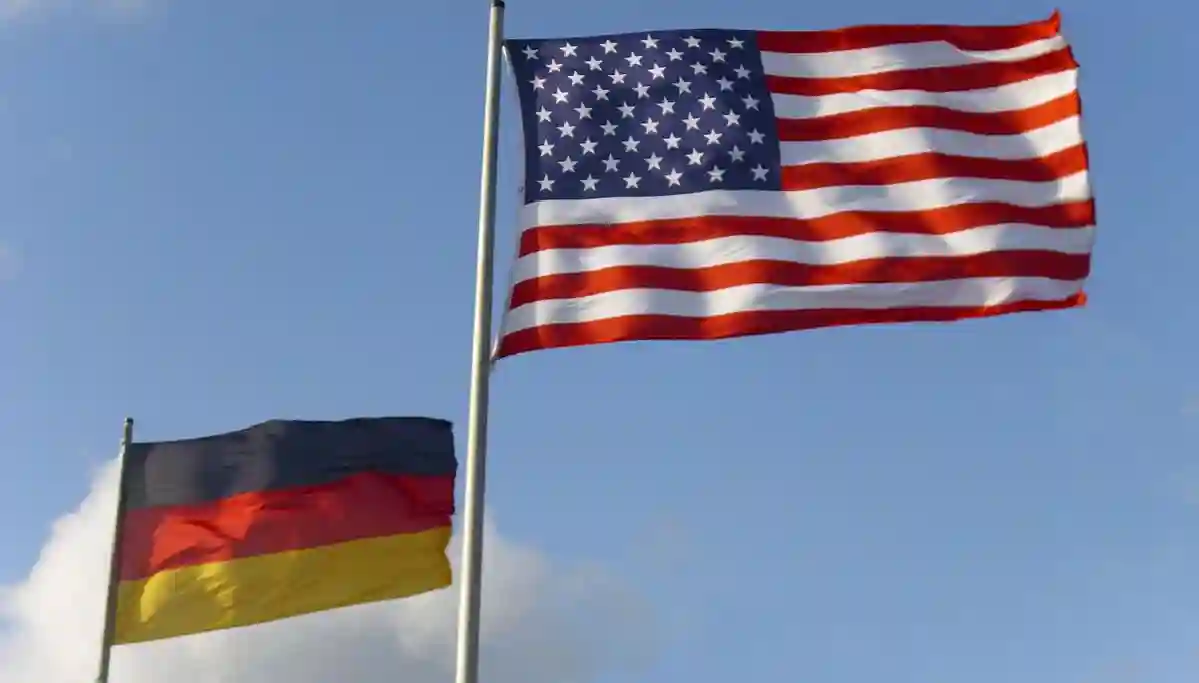During a recent summit with the German Chancellor, Donald Trump made controversial Trump D-Day comments that triggered widespread debate and media coverage worldwide.
These remarks, seen by many as inappropriate or misinformed, quickly became a hot topic on social media and news platforms.
This article examines what was said, the reactions it caused, and why it matters deeply in both historical and diplomatic contexts.
What Exactly Did Trump Say About D-Day?
In the meeting, Trump referred to D-Day as “not a pleasant day for Germany,” a statement that sparked immediate backlash. D-Day refers to the Allied invasion of Normandy on June 6, 1944, which was a critical turning point in World War II leading to the defeat of Nazi Germany.
Critics argue that Trump’s comment oversimplifies and undermines the significance of the historic event, especially from the perspective of Germany, which views D-Day as a liberation moment rather than just a painful defeat.
This misunderstanding raised concerns about diplomatic sensitivity and respect for shared history.
German Chancellor’s Response and Public Reaction

The German Chancellor responded tactfully, highlighting the importance of remembering history accurately. She implicitly corrected Trump by reminding him of the atrocities committed by the Nazi regime, pointing out that D-Day was crucial in ending that dark chapter.
The exchange between the leaders quickly spread across news outlets, fueling discussions on historical memory and diplomatic decorum. Many commentators praised the Chancellor’s poised response while criticizing the tone-deaf nature of Trump’s remarks.
Why Are Trump’s D-Day Comments Important?

Trump’s remarks illustrate how sensitive historical topics can be in international relations. They emphasize the ongoing complexities between the US and Germany, where past events still shape political discourse.
The Trump D-Day comments also show the impact of political rhetoric on public opinion — some viewed the remarks as a diplomatic blunder, while others took them as typical Trump humor.
This incident serves as a case study in how history, politics, and personality collide on the world stage.
The Role of Historical Awareness in Diplomacy

This incident highlights the critical role historical awareness plays in diplomacy. Leaders must carefully choose their words when discussing significant historical events to maintain respect and understanding among nations.
The controversy over Trump’s comments is a reminder that history is not just the past; it influences present and future international relationships.
Maintaining sensitivity in diplomatic communication is essential for having trust and cooperation between countries with complex histories.





